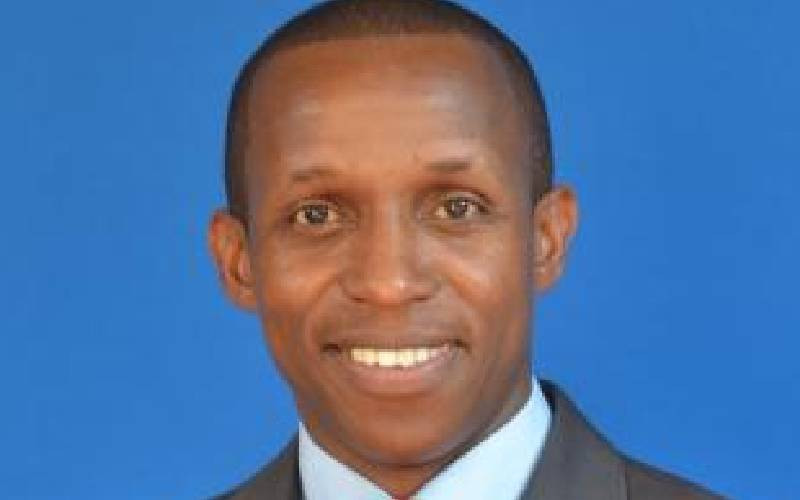×
The Standard e-Paper
Kenya’s Boldest Voice

Climate change is more than just a temperature rise. Extreme weather events like floods, droughts, hurricanes, storms, and rising sea levels, are just but manifestations of its effects. And these effects are being experienced across sectors and affecting aspects of our lives in ways we never imagined.